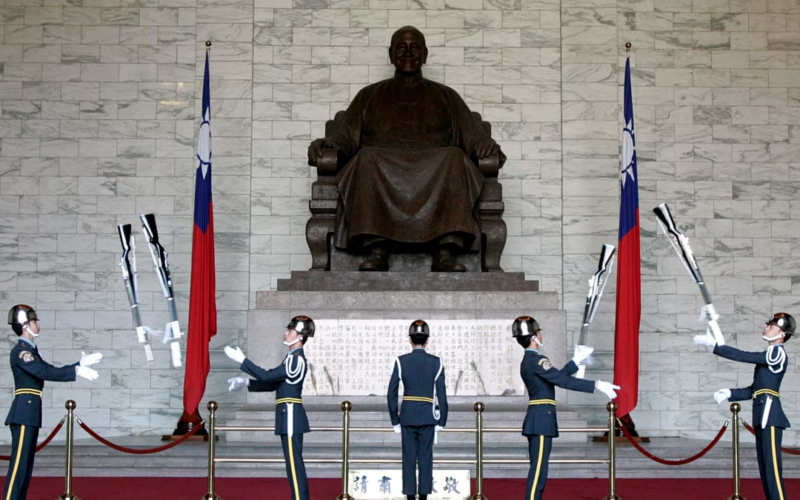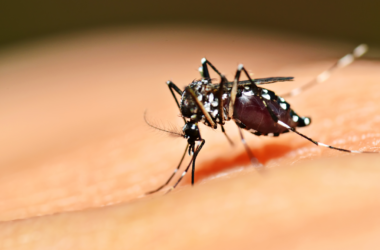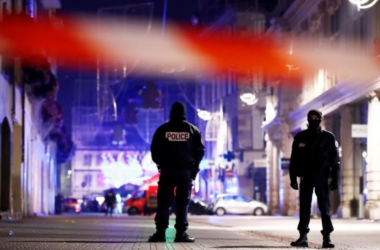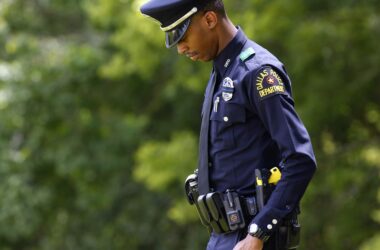Starting Monday, Taiwan will relocate its ceremonial changing of the guard from around the statue of its first president, Chiang Kai-shek, as part of a broader effort to reduce the legacy of authoritarianism. The honor guards’ performances will now take place outdoors on Taipei’s Democracy Boulevard, near the iconic blue and white memorial hall that houses Chiang’s 21-foot (6.3-meter) bronze statue.
The move is part of a national initiative to eliminate the veneration of authoritarian figures. Taiwan’s Ministry of Culture announced the decision on Friday, stating, “Eliminating worshipping a cult of personality and eliminating worshipping authoritarianism is the current goal for promoting transitional justice.”
Chiang Kai-shek and his Kuomintang (KMT) troops retreated to Taiwan from mainland China in 1949 after losing a civil war to Mao Zedong’s Communists. While Chiang was historically celebrated as an anti-communist hero, modern perspectives in Taiwan increasingly view him as a tyrant responsible for the imprisonment and deaths of thousands during his rule.
Upon Chiang’s death in 1975, his son, Chiang Ching-kuo, initiated steps towards political openness, leading to Taiwan’s first direct presidential election in 1996. Today, Taiwan’s Transitional Justice Commission continues to investigate cases of political persecution from the “white terror” period under Chiang’s regime. Many Taiwanese, particularly the youth, see Chiang’s legacy as reminiscent of the authoritarianism.
In recent years, Taiwan has taken steps to diminish Chiang’s posthumous influence. Hundreds of his statues have been relocated to a lakeside park near his mausoleum in Taoyuan. In 2006, Taiwan’s main international airport was renamed from Chiang Kai-shek International Airport to Taoyuan International Airport.
Victims’ families of a 1947 massacre by Chiang’s nationalist troops have long called for the removal of his statue from the Taipei memorial hall, marking the latest effort in Taiwan’s ongoing reassessment of its historical figures.








